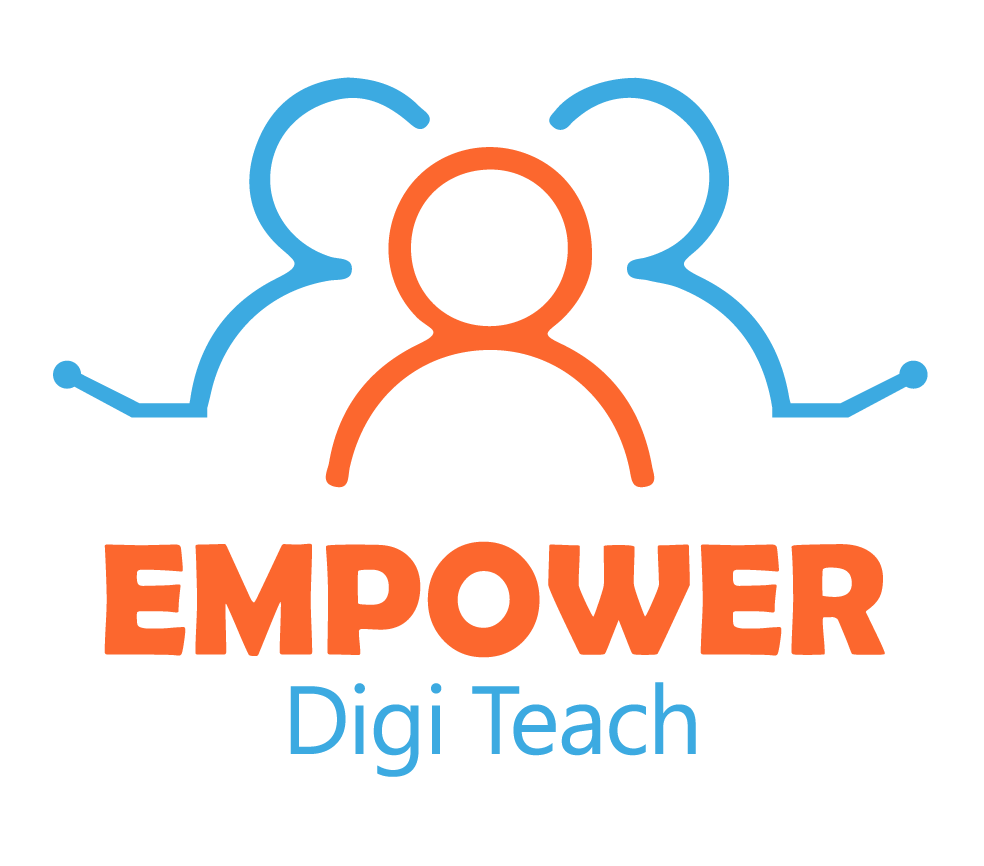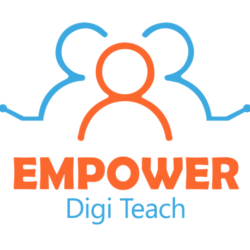Dokuz Eylül University
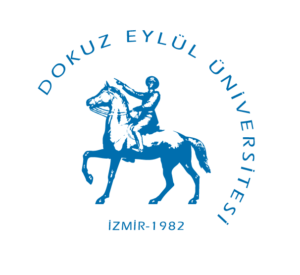 |
| Dokuz Eylül University is a state university established in 1982 in Izmir, the third biggest city of Turkey. Regarding its experience of more than 30 years in higher education, the university has the advantage of acting at the center of regional network of universities in the Aegean region. It is the largest university in the Aegean Region regarding the number of students, academic and administrative staff. DEU is a dynamic university which keeps growing with 14 faculties, 10 institutes and graduate schools, 3 schools, state conservatory, 7 vocational schools, 54 research centers. It also embodies Dokuz Eylul Technology Development Zone (DEPARK). |
| Ercan Akpınar Prof. Dr. ercan.akpinar@deu.edu.tr Elif Buğra Kuzu Demir Ph.D., Assoc. Prof. elif.demir@deu.edu.tr Yasemin Kahyaoğlu Erdoğmuş Ph.D., Assist. Prof. yasemin.kahyaoglu@deu.edu.tr |
The University of Minho
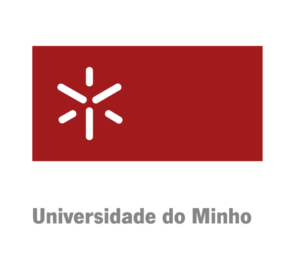 |
| The University of Minho (UMinho) is a vibrant young Portuguese university. Founded in 1973, its academic activity started in 1974. There are three campi – Gualtar Campus, Azurém Campus and Couros Campus- located in two charming historical cities – Braga and Guimarães. The University of Minho is a reference for high quality teaching and learning, not only for Portuguese universities, but also in Europe and worldwide. The University of Minho has shown a significant capacity for change, as a pioneer in various teaching-training and research areas. UMinho has a very clear strategy for Intellectual Property, being one of the most successful Portuguese Universities in this area of knowledge protection and in obtaining national and international patents. All this is undertaken with a very strong connection to companies, the region and the country. |
| José Alberto Lencastre Associate Professor at the Institute of Education jlencastre@ie.uminho.pt Floriano Veiga Viseu Assistant Professor at the Institute of Education Sílvia Correia Monteiro Researcher at CIEd/Institute of Education Ricardo Lemos Ribeiro Higher Technician at the Institute of Education José Emílio Palmeira Higher Technician at the Institute of Education Sílvia Araújo Assistant Professor at the School of Letters, Arts and Human Sciences Nuno Filipe Castro Assistant Professor at the School of Sciences Carlos Filipe Portela Guest Assistant Professor at the School of Engineering Maria Teresa Monteiro Assistant Professor at the School of Engineering Cacilda Maria Lima Moura Assistant Professor at the School of Sciences Luciana Jesus Santos Peixoto Member of the IDEA-UMINHO Center Sara Cruz Researcher at CIEd/Institute of Education Celestino Magalhães Researcher at CIEd/Institute of Education Alexandre Torres Researcher at CIEd/Institute of Education Almerindo Valdemar Tchivangulula Researcher at CIEd/Institute of Education Joana Casanova Researcher at CIEd/Institute of Education |
Kastamonu University
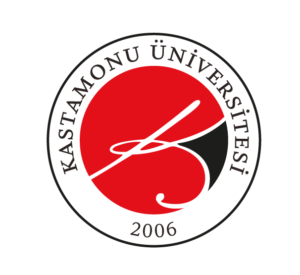 |
| Kastamonu University (KU) is a relatively newly established public university at the north west region of Türkiye, founded on March 2006. However, School of Education at KU has a long history dating back to 1965. It was first established in 1965 as an primary teacher training institution for girls. Since then, the school of education at KU expanded its experience on training teachers on various subject areas. Currently, it has 10 teacher training programs across various subject areas including but not limited to Science, Mathematics, Kindergarten, Elementary etc. KU has an increasing number of distinguished academic and administrative staff, 14 faculties, 3 institutes, 2 colleges, 13 vocational colleges and 23 research centers. KU acknowledges the importance of research and education and strive to be a part of internationally known institution for such areas. |
| Süleyman ÇİTE Ph.D., Assist. Prof. suleymancite@kastamonu.edu.tr |
The Universitat Oberta de Catalunya
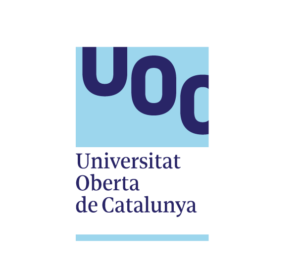 |
| Since its creation in 1994 as a state-of-the art technological university with a highly innovative learning model, the Universitat Oberta de Catalunya (UOC, www.uoc.edu) is one of the world’s premier online Higher Education universities, now engaging more than 70,000 students. UOC’s core goal is to be the university of the knowledge society, promoting innovative education, personalized learning, technological leadership, R&D work on the information society and eLearning. The UOC’s research, innovation and transfer activity is organised into the Doctoral School and 48 R&I groups conducted within the University’s faculties and at the Internet Interdisciplinary Institute (IN3), the UOC research institute specializing in research on the network society. The UOC has two other centres for R&I collaborations: the eLearn Center (eLC) and the eHealth Center (eHC). With internationalization at the core of its mission, UOC continuously works to bolster its international profile through initiatives that increase its research partnerships around the world and the number of its international mobilities and students. Over the last five years, UOC has participated in more than 250 R&D projects and around 50 European initiatives, including 9 in the 7th Framework Programmes in Marie Curie, ICT, and Science in Society; 17 projects in the Lifelong Learning Programme, 21 Erasmus+ projects (4 as leader), 3 COST Actions, 1 DG Growth initiative, and leadership so far in 5 Horizon 2020 projects, as well as participation in 16 more as partners. Further information on its research, projects and transfer to society can be found at: http://transfer.rdi.uoc.edu/en/knowledge map. Also, UOC activates over 150 international agreements for joint research, mobility initiatives and training, including an ever growing number of qualified EHEA Master Degree Programmes. The UOC works to promote knowledge transfer and has more than 1,000 agreements to this end. Member of 35 international networks, including the European University Association (EUA), the International Council for Open and Distance Education (ICDE) and the IMS Global Learning Consortium. UOC infrastructure and technical equipment comprises main statistical software package and online survey tools, including a full equipped data lab. In addition, it is worth mentioning UOC’s Virtual Library support for managing documentation and access to over 14000 Anglo-Saxon journals for collecting relevant empirical materials. UOC infrastructure and technical equipment comprises main statistical software package and online survey tools, including a full equipped data lab. In addition, it is worth mentioning UOC’s Virtual Library support for managing documentation and access to over 14000 Anglo-Saxon journals for collecting relevant empirical materials. |
| Dr. Elena Barberà Full professor ebarbera@uoc.edu Dr. Muhammad Zaheer Asghar Research fellow masghar@uoc.edu Dr. Silvia Alcaraz-Dominguez Research fellow salcarazd@uoc.edu Amir Narimani Research fellow Iria Balayo Research fellow |
Centrul Pentru Promovarea Invatarii Permanente
 |
| Centrul Pentru Promovarea Invatarii Permanente is a Romanian NGO that works in Lifelong Learning since 2005. CPIP is committed to mainstreaming the principle of equal opportunities for all citizens in the public policies and associated practices, as an integral part of democratization and the creation of an open society, to re-define the status of community co-production in all areas related to lifelong learning. We support initiatives and run programs and projects that aim at cooperating and innovating for good practices in this field. This is done by taking part at diverse European initiatives and then mainstreaming in the regional activities the developed products and results. Our organization supports initiatives and runs programs and projects that aim at cooperating and innovating for good practices. CPIP’s main objective is to promote the lifelong learning through all relevant stakeholders. This is done by taking part at diverse European initiatives and then mainstreaming in the regional activities the developed products and results. We have so far worked in the area of: – promotion of the active aging -promotion of entrepreneurship in youth and special needs groups; -social entrepreneurship; -in social responsibility as part of two national networks; -in regional development by working in health and safety for agricultural sector and in training rural developers; -in SME development through collaboration with SME supporting bodies and by developing tools for integration of mobility workers. -promotion of entrepreneurship in youth and special needs groups; -promoting cross-curricular collaboration, using innovative learning approaches, developing creativity, supporting teachers in delivering competence-based teaching and developing assessment and validation of key competences – partnerships between schools, businesses, higher education institutions, research institutions, and wider society is particularly valuable in this context |
| Rodica Pana General manager rodica.pana@cpip.ro Daiana Huber Researcher daiana.huber@cpip.ro |

